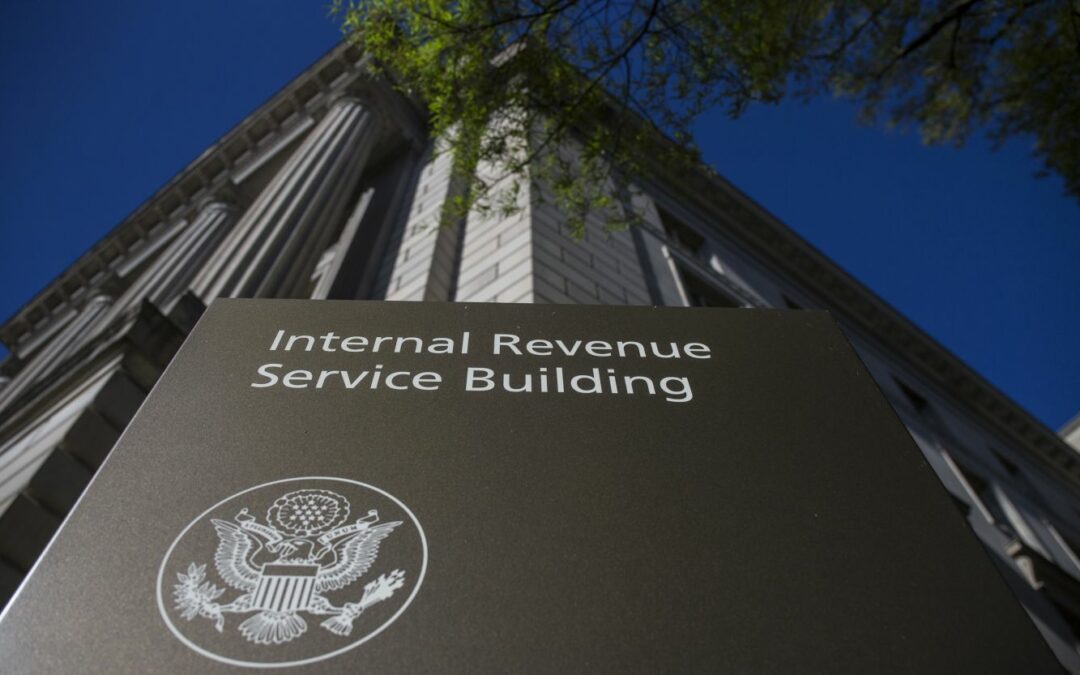The IRS is striving to limit the number of audits for taxpayers with incomes below $400,000; however, specific aspects of their tax returns may still attract attention, irrespective of their income level. The Treasury Inspector General for Tax Administration (TIGTA) recently indicated that the IRS has made “limited progress” in establishing a methodology for calculating audit coverage in line with directives from the U.S. Treasury Department.
In August 2022, Congress allocated $80 billion to the IRS, with a significant portion designated for enforcement activities. During the same month, the Treasury issued a directive prohibiting the use of these funds for increasing audits on small businesses or households earning less than $400,000 annually.
The IRS has decided to adopt the recommendations put forth by TIGTA and plans to formally document the evolution of its audit methodology, as outlined in the report. At the same time, the agency remains focused on enhancing its enforcement activities targeting high-income individuals, large corporations, and intricate partnerships.
Furthermore, the Treasury Department has announced the recovery of $1.3 billion from individuals classified as “high income and high net worth.”
You may also like: The Available Options if You are Unable to Pay your Taxes

Red Flags for IRS Audits
At Wave Tax, we highlight several warning signs that may trigger IRS audits:
🔸The IRS Can Easily Identify Unreported Income
Although the agency primarily targets high-income individuals, any taxpayer who fails to submit an accurate tax return may be at risk of an audit. A prevalent warning sign is the omission of income.
Employers and financial institutions report income directly to the IRS using information returns, such as Forms W-2 and 1099. Once the IRS receives these forms, it can easily identify discrepancies in reported income.
🔸Investors in Cryptocurrency May Face Regulatory Actions
Cryptocurrency holders are also required to report their income through information returns. In July, the IRS issued finalized guidance on cryptocurrency taxation, which included regulations for digital asset brokers.
➡️ Mandatory annual reporting will commence in 2026, covering transactions from the year 2025.
🔸Taxpayers Must Substantiate Every Deduction Claimed
Another frequent cause for audits is excessive deductions. For instance, if you earn $75,000 annually and claim $15,000 or $20,000 in charitable contributions, this could attract the IRS’s attention.
🛑 During an audit, any credit or deduction may be denied if adequate proof is not provided.
Despite these areas of heightened scrutiny, IRS audits are still relatively rare.
According to the latest Databook, the IRS reviewed only 0.44% of individual returns and 0.74% of corporate returns for all filings made between 2013 and 2021 by the end of the 2023 tax year.
➡️ Remember, Wave Tax is here to assist you with your tax planning and preparation needs.
📍Contact us at info@wavetax.us

